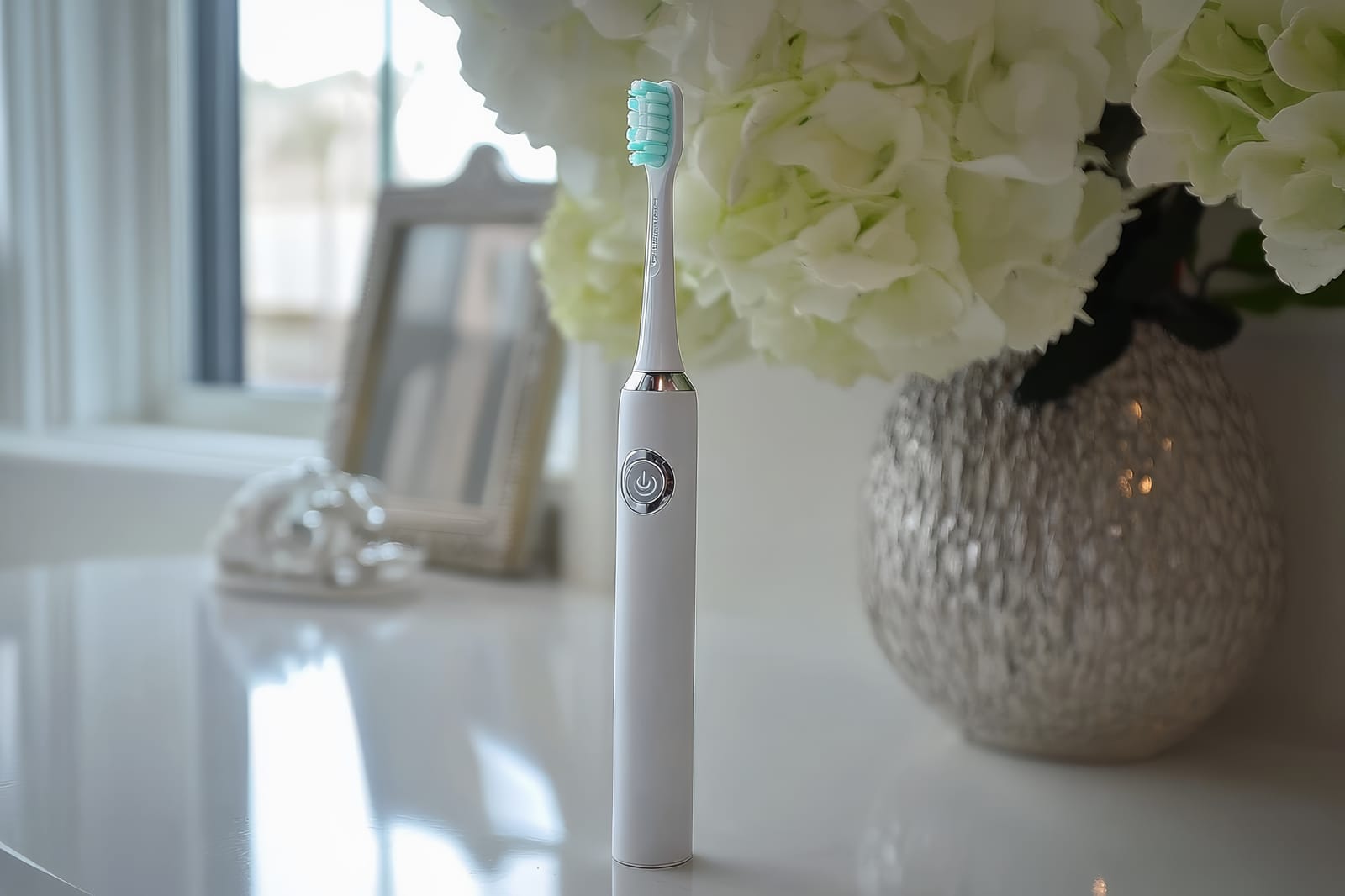Oral surgery: What to Expect at the Initial Consultation

When you first find out that you need oral surgery, you may feel nervous or anxious. This is not an unusual reaction. Many patients have some fear, as these procedures can be complex and require a long recovery. You will never have to go through any oral procedures without first getting all the information you need from your dentist.
Choosing the right dentist
A patient’s regular family dentist may do the oral surgery. Some dentists, however, may refer the person to another dentist who has more familiarly with oral operations. Patients should look for dentists that have worked on many other people with similar issues. The dentist should communicate well and have a good bedside manner. Good professionals understand that these processes may be difficult for patients. So, the dental professional needs to have empathy.
Examination and review
Before getting too far in the oral surgery process, the dentist will make sure it is right for the patient. The dentist will take X-rays of the patient’s mouth and will also make impressions. There will also be an in-depth discussion of the person’s medical and dental history. The dentist will ask about current medications the patient is taking. The dentist will also want to know about recent surgeries the patient has had and whether they have any allergies.
Description of the procedure
The dental staff wants the patient to feel as comfortable as possible during the oral surgery. Knowing what will take place before, during and after the surgery can help the patient be more at ease. The dentist will walk the person through every step of the surgery, including how long the recovery will be. The dentist may show the patient pictures and diagrams of the area in the mouth they will be working on.
Talking about anesthesia
In most cases with oral surgery, the dentist will use general anesthesia to induce unconsciousness in the patient. This will render the patient immobile and asleep throughout the surgery. For someone who has never experienced this, it can be stressful to think about. The dentist will talk about how this process works and what it will feel like afterward. This discussion should also include tips for a faster, successful recovery, including what to eat and what foods to avoid.
Recommendations for surgery day
The dentist may give the patient materials about what to bring and prepare for the day of surgery. The patient should arrange for transportation home from the oral surgery. The patient should also wear comfortable clothing and remove any jewelry. The person should not eat for up to eight hours after the procedure.
Making oral surgery positive
Though this surgery can be a little scary, the results can help with your oral health and overall wellness. The initial consultation can give you peace of mind that you will be in good hands. If at any point you have concerns or questions, your dentist will be happy to address them. When you are ready to get started, make an appointment for your consultation.
Request an appointment here: https://www.stgeorgedentalcare.com or call St. George Dental Care at (435) 628-9099 for an appointment in our St George office.
Check out what others are saying about our services on Yelp: Read our Yelp reviews.
Recent Posts
Having a sensitive sense of smell can be both a blessing and a curse, as nothing disrupts personal comfort more than an unpleasant odor emanating from your mouth. A common concern for dental patients is the distinct and often embarrassing "rotten tooth smell." Understanding its causes, implications, and the appropriate remedies is crucial for maintaining…
Brushing your teeth is essential for maintaining a healthy, beautiful smile, and using an electric toothbrush takes oral hygiene to the next level. At St. George Dental Care, located in St. George, UT, we're passionate about helping our patients maintain optimal oral health through modern dental practices and expert advice. Electric toothbrushes are revolutionizing dental…
When it comes to maintaining your dental health, understanding the professionals who provide care can make all the difference in your experience. The terms "dentist surgeon" and "dentist" are often used, but many people don't fully grasp the distinctions between them. Are their education, scope of practice, and services they provide the same? Which should…
Does the thought of sitting in a dentist's chair make your palms sweaty? You're not alone. Dental anxiety is something millions of people experience, but we at St. George Dental Care believe visiting the dentist doesn't have to be nerve-wracking. That's why our focus goes beyond just cleanings and checkups—we strive to make you feel…


